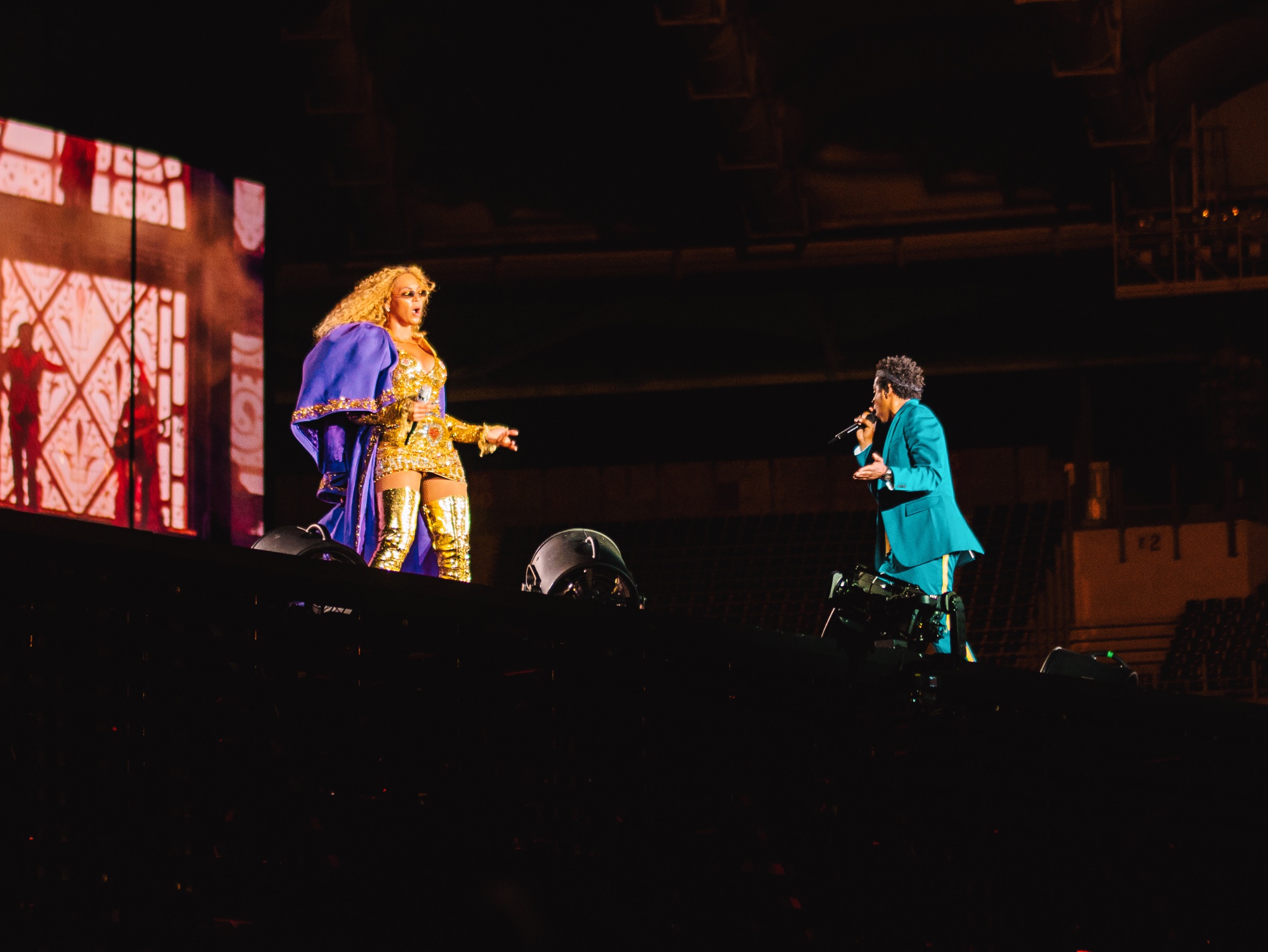Performance royalties are an important source of income for talented music artists. International publishing royalties permit artists to collect and forward royalties earned in a foreign country. Publishing royalties are derived from live performances of an artist’s music, including music played on the radio, television, and live performances by cover artists.
How Do I Determine my International Publishing Royalties?
To determine the amount of international publishing royalties generated by a composition, you will need to gather information from various sources, including performance rights organizations (PROs) in the countries where the work has been performed. Here are the steps you can follow: (1) determine which PROs the work is affiliated with; (2) request royalty statements; and (3) add the total royalties.
Different PROs cover different territories, so you will need to determine which PROs the composition is affiliated with in each country where it has been performed. PROs monitor and track artist performances and collect publishing royalties. Once you know which PROs the music composition is affiliated with, you can request royalty statements from each of them. The royalty statement will detail the performances of the work and the amount of royalties generated. Afterwards, add up the total amount of royalties generated from each PRO’s royalty statement to determine the total international publishing royalties generated by the composition.
Be mindful that the information contained in royalty statements is confidential and may only be available to the composer or copyright owner. Additionally, not all performances of a work may be reported to PROs, so the total amount of royalties generated may not be a complete representation of all international publishing royalties for the composition.
How are ASCAP and BMI Involved With International Publishing Royalties?
ASCAP and BMI are PROs that represent composers, songwriters, and music publishers in the United States. Both organizations collect international royalties for their members. They both have reciprocal agreements with PROs in other countries that allow them to collect royalties for the public performances of their members’ works outside of the United States. For example, if a song represented by ASCAP is performed in a foreign country, the local PRO will collect the performance royalties and distribute them to ASCAP. ASCAP will then redistribute the royalties to the appropriate copyright owners, including composers and songwriters. The ASCAP is associated with over eighty organizations worldwide.
By working with international PROs, ASCAP and BMI are able to provide their members with a global network for collecting performance royalties from the public use of their music. This allows composers, songwriters, and music publishers to receive income from their works no matter where they are performed. Artists are not required to have a relationship with an ASCAP publishing company in order to receive publishing income.
When are International Publishing Royalties Paid?
Distribution of international publishing royalties varies by PRO. BMI distributes international royalties quarterly and ASCAP distributes monthly. Artists should be aware that PROs often deduct administrative fees that lessen the royalties paid out.








